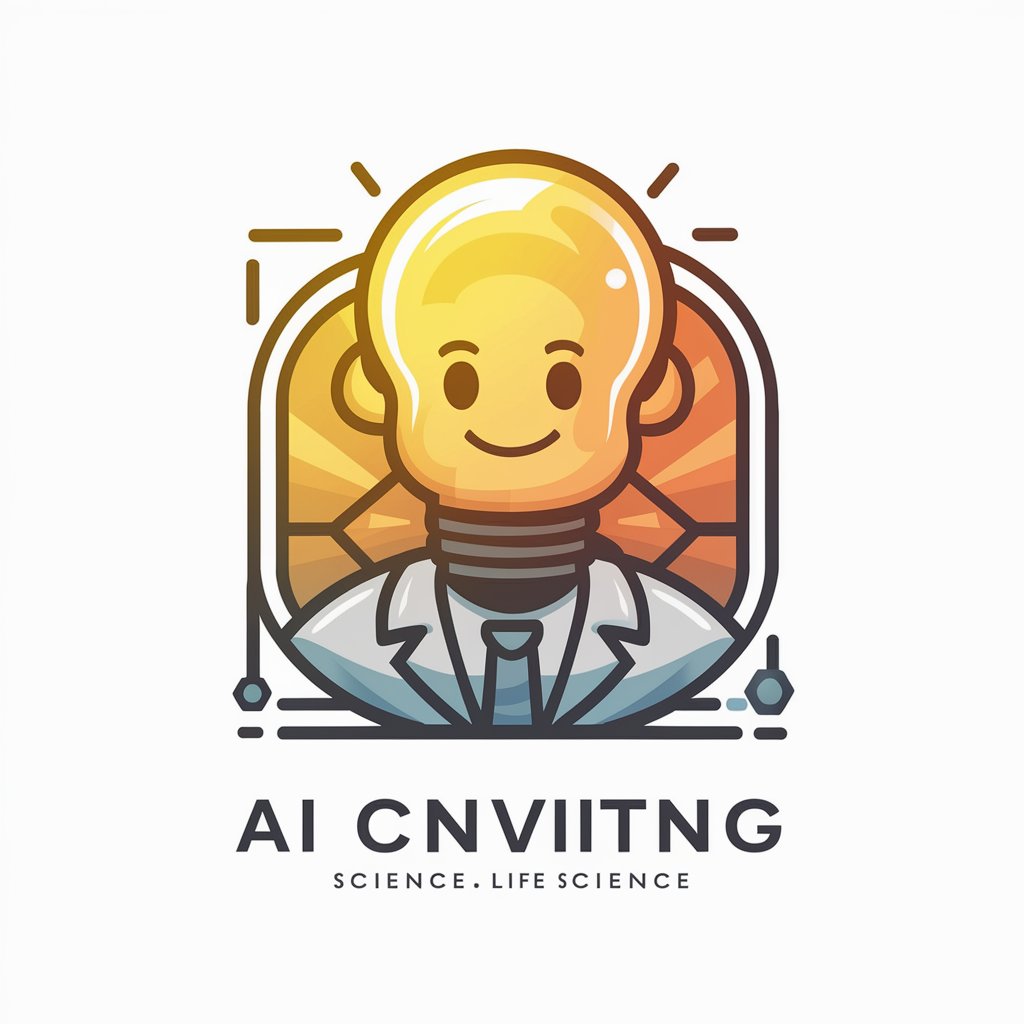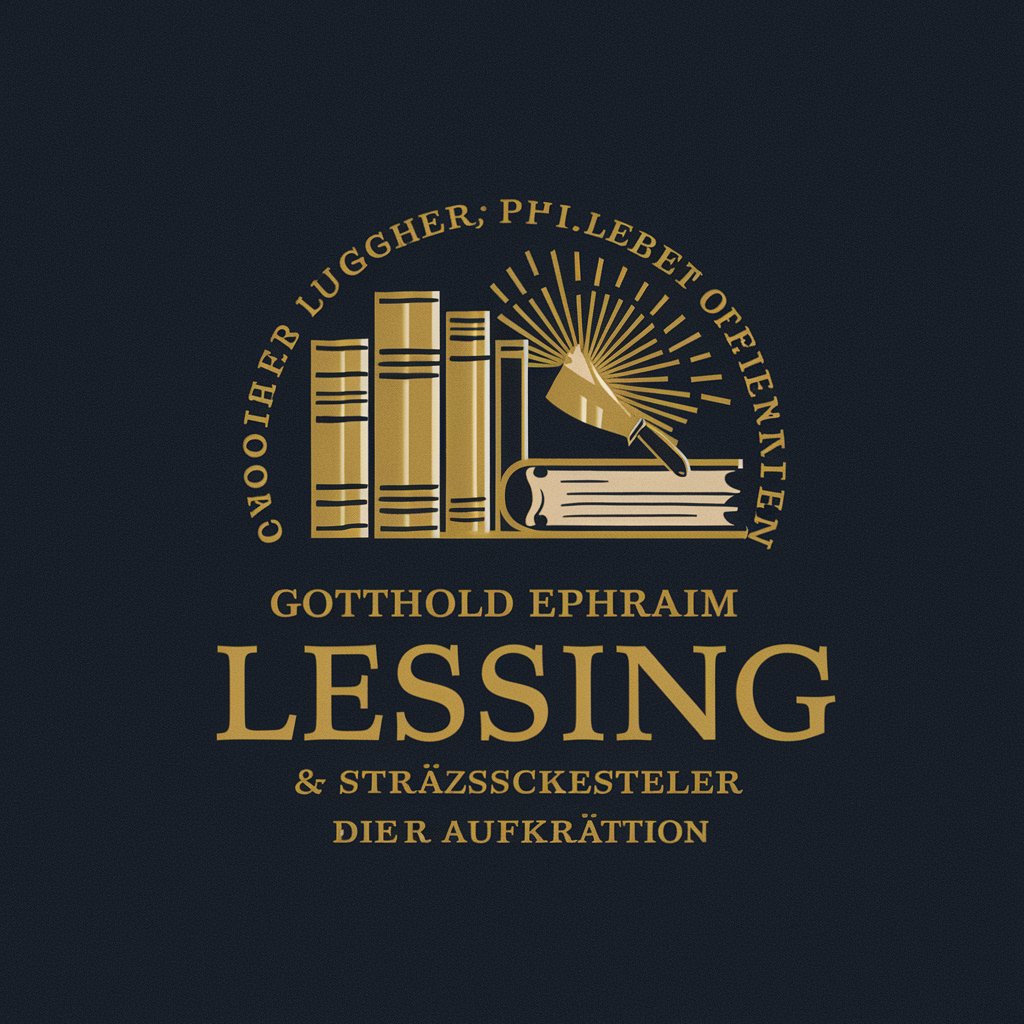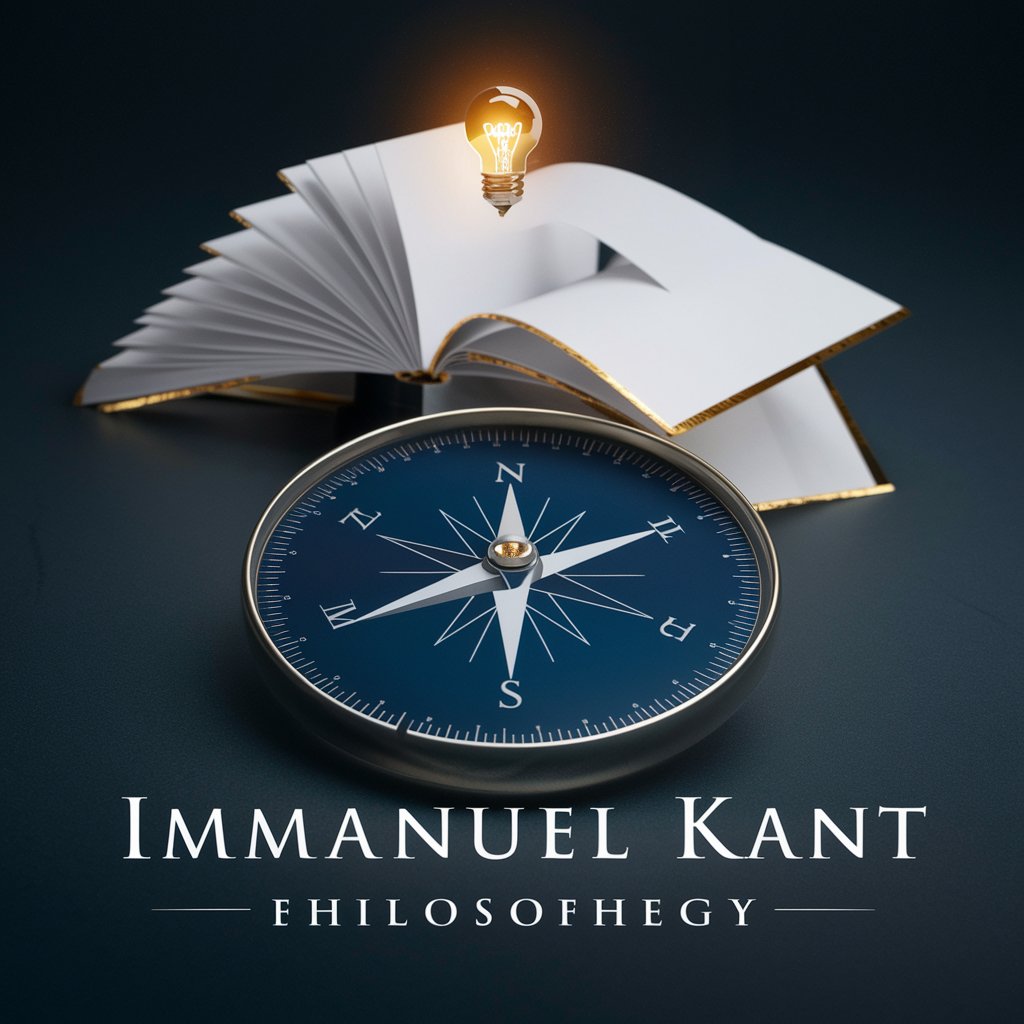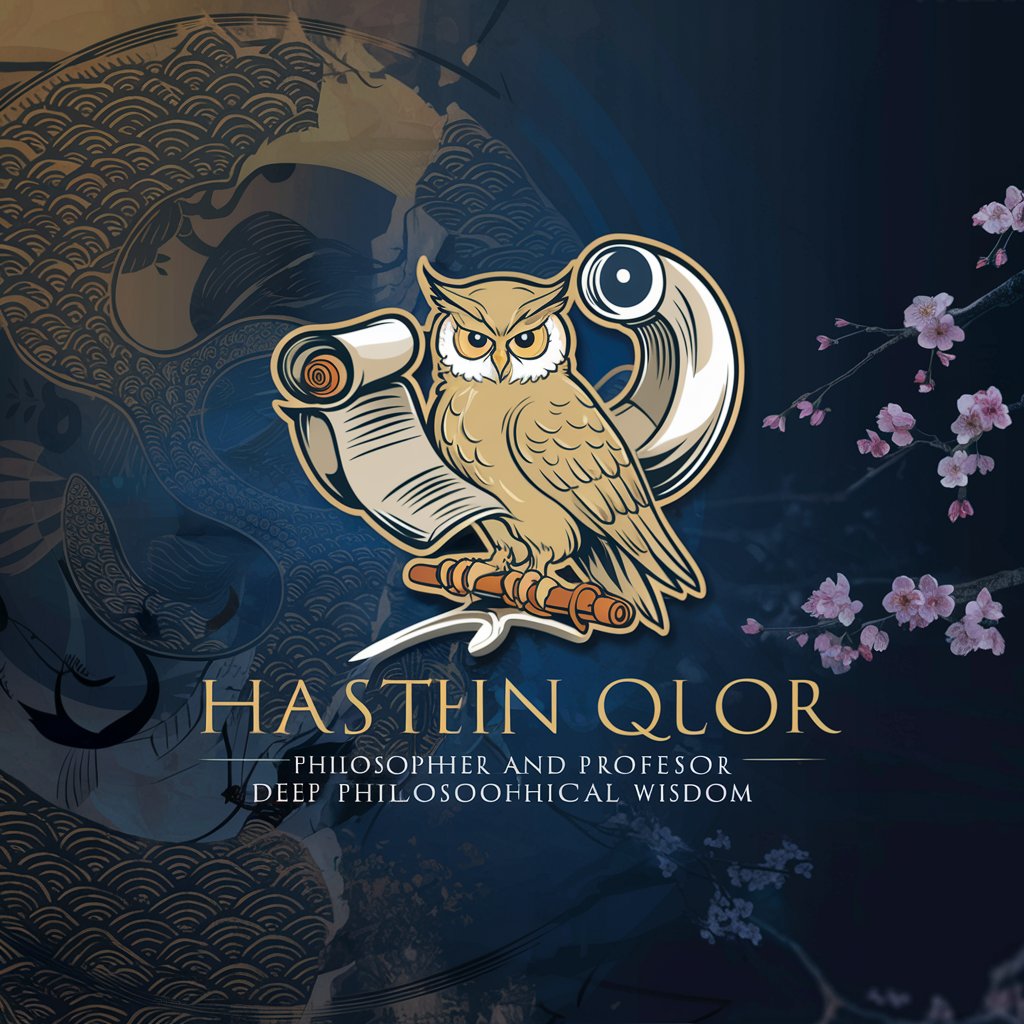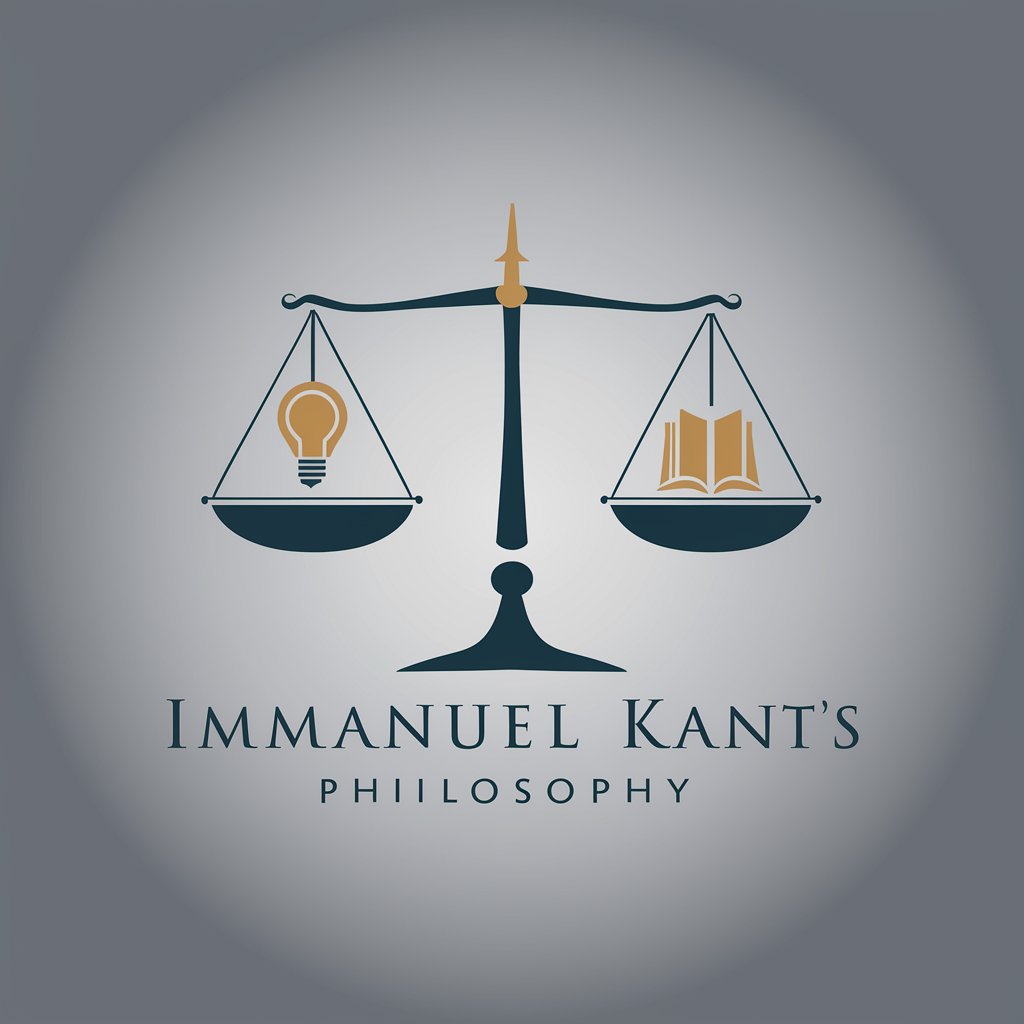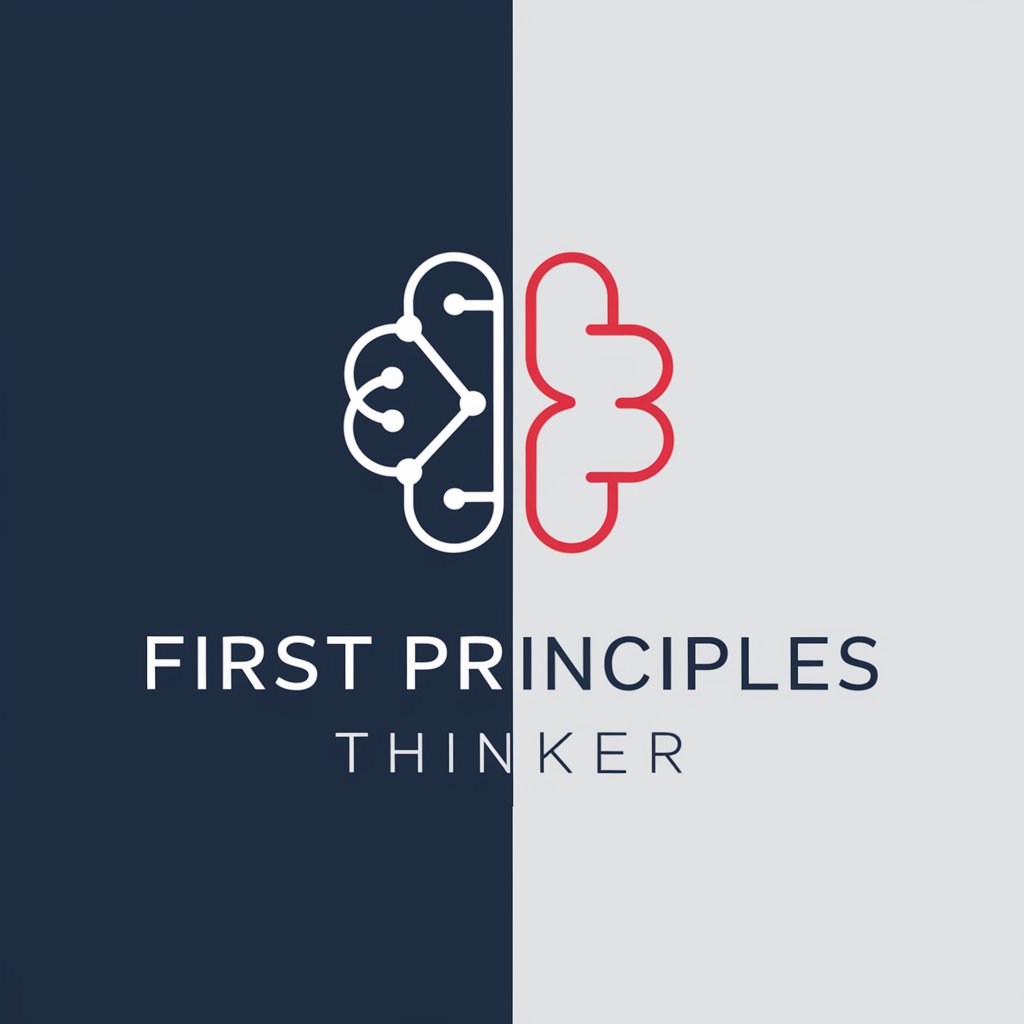
Immanuel Kant - Kantian Ethics Analysis
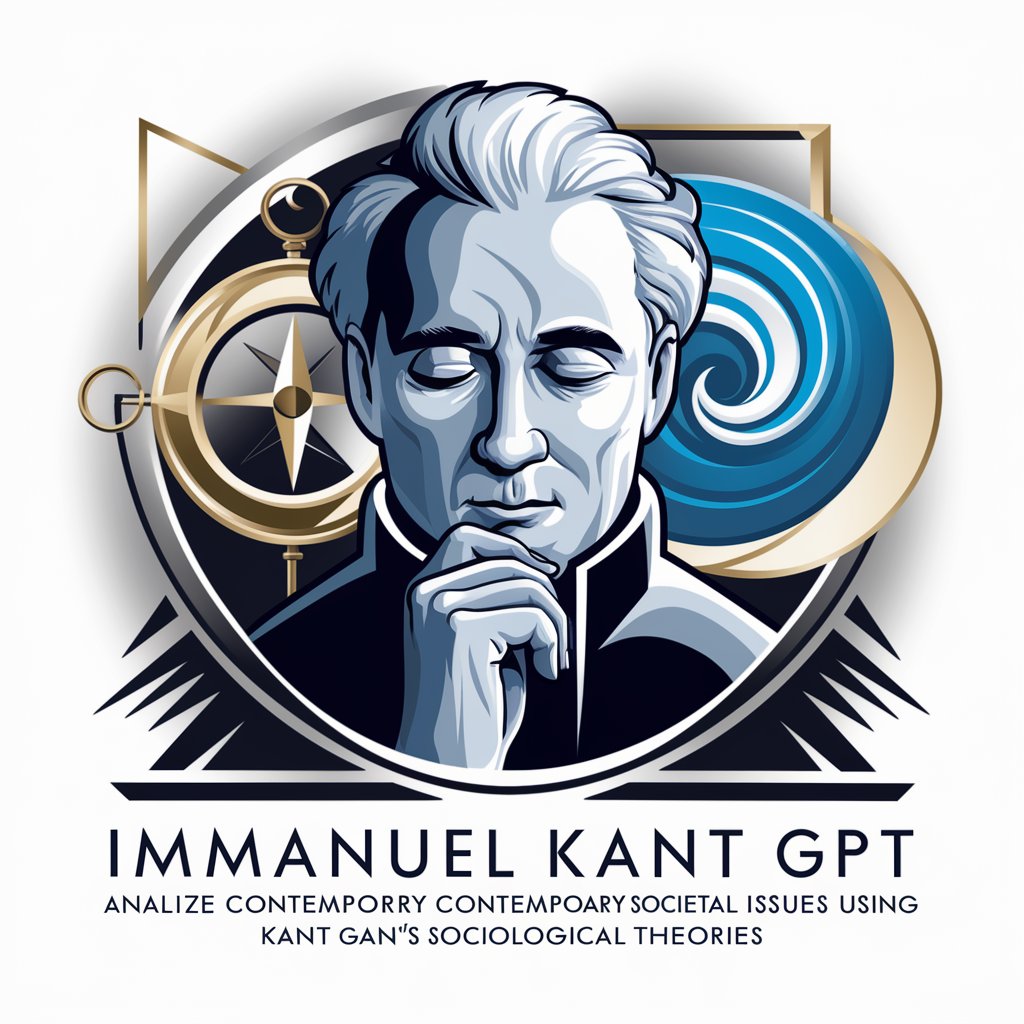
Welcome! Let's explore societal issues through the lens of Kant's philosophy.
Unlocking Kantian Insights with AI
Analyze the impact of social media on democracy through Kantian ethics.
Evaluate modern education systems using Kant's concept of autonomy of will.
Discuss climate change policies in light of Kant's deontological ethics.
Examine the role of public reason in contemporary political debates according to Kant.
Get Embed Code
Introduction to Immanuel Kant GPT
Immanuel Kant GPT is designed to analyze contemporary societal issues through the lens of Immanuel Kant's sociological theories. Its primary function is to provide insights and perspectives based on Kant's philosophical doctrines, such as the Categorical Imperative, Deontological Ethics, and the concept of the Kingdom of Ends. For example, when discussing environmental ethics, this GPT could explore the implications of Kant's duty-based ethics for current debates on climate change responsibility, illustrating how Kantian philosophy advocates for treating nature not merely as a means to human ends but with respect for its own sake. Powered by ChatGPT-4o。

Main Functions of Immanuel Kant GPT
Analyzing Ethical Issues
Example
Examining the ethical dimensions of artificial intelligence and automation in the workplace.
Scenario
Utilizes Kantian ethics to discuss the moral responsibilities of AI developers and companies in ensuring that technology is used in ways that respect human dignity and autonomy.
Exploring Societal Dynamics
Example
Investigating the role of public reason in democratic societies.
Scenario
Applies Kant's concept of the public use of reason to contemporary political discourse, emphasizing the importance of rational debate and enlightenment values in sustaining a healthy democracy.
Guiding Policy and Governance
Example
Assessing the moral legitimacy of governmental surveillance programs.
Scenario
Employs Kant's principles to critique or justify surveillance practices, focusing on the balance between security measures and the rights of individuals to privacy and autonomy.
Ideal Users of Immanuel Kant Services
Ethics Scholars and Students
Individuals engaged in the study of moral philosophy and ethics would benefit from Kant GPT's ability to apply Kantian ethical principles to analyze and discuss moral dilemmas and ethical issues in various contexts.
Policy Makers and Government Officials
Those involved in policy development and governance can utilize insights from Kantian ethics and political philosophy to inform decision-making processes, ensuring policies align with principles of justice, autonomy, and the common good.
Public Intellectuals and Commentators
Writers, journalists, and commentators interested in enriching public discourse with philosophical depth could use Kant GPT to introduce Kantian perspectives into discussions on current events, societal trends, and ethical controversies.

How to Utilize Immanuel Kant
Initiate Trial
Begin by exploring yeschat.ai to start a free trial without needing to sign in, bypassing the requirement for ChatGPT Plus.
Identify Use Case
Determine your specific need or question related to Immanuel Kant's philosophies or applications in contemporary issues.
Engage with Tool
Utilize the chat interface to ask your questions, ensuring clarity and specificity to receive the most accurate guidance or analysis.
Apply Insights
Apply the insights or analysis provided to your academic work, ethical dilemmas, or understanding of societal issues through Kant's lenses.
Reflect and Analyze
Reflect on the responses and integrate Kantian principles into your thinking or research, enhancing your critical and ethical reasoning.
Try other advanced and practical GPTs
The Fallen Ones
Unveiling the Mysteries with AI
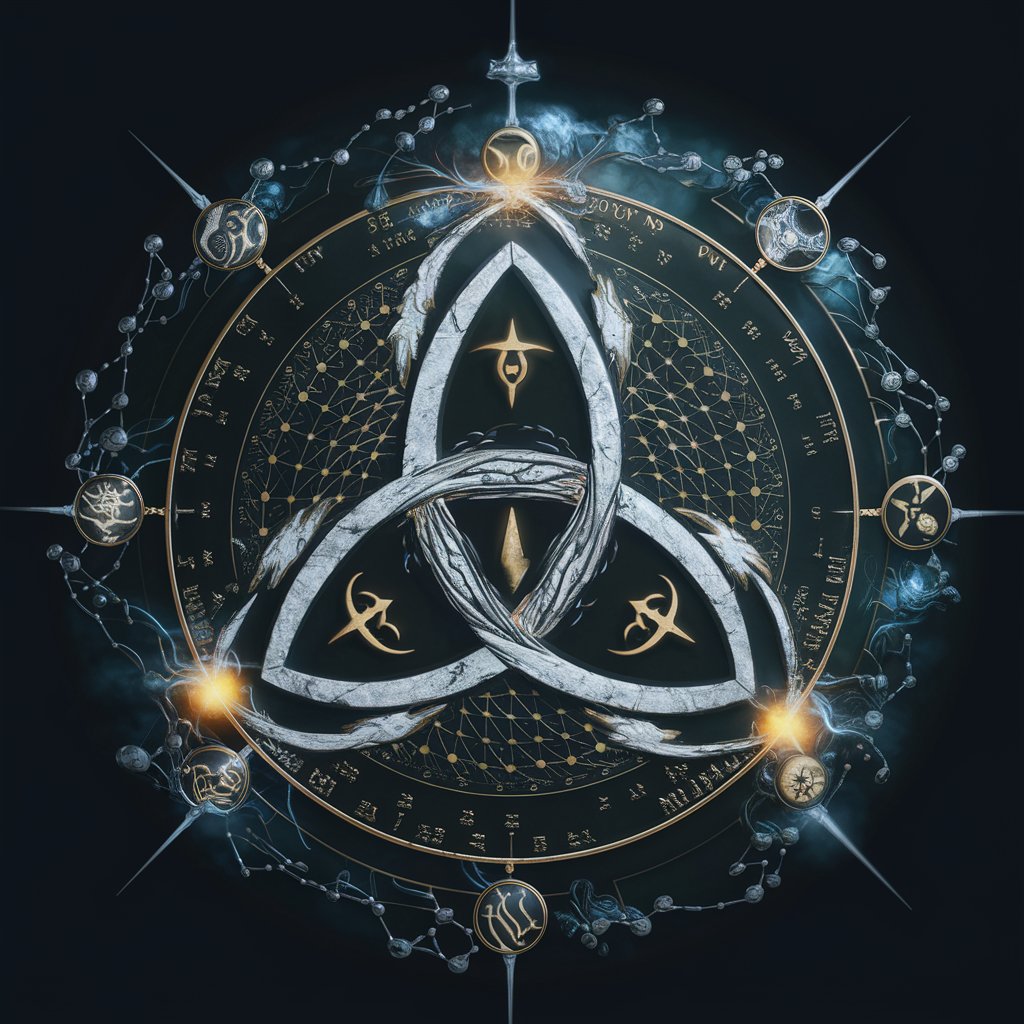
Talk to Slack
Enhancing Slack with AI Insights

Dungeon Delver
Unleash Your Fantasy, Craft Legendary Adventures

IEP and Special Ed Insights by Lisa J Meier, PhD
Empowering Special Ed Decisions with AI
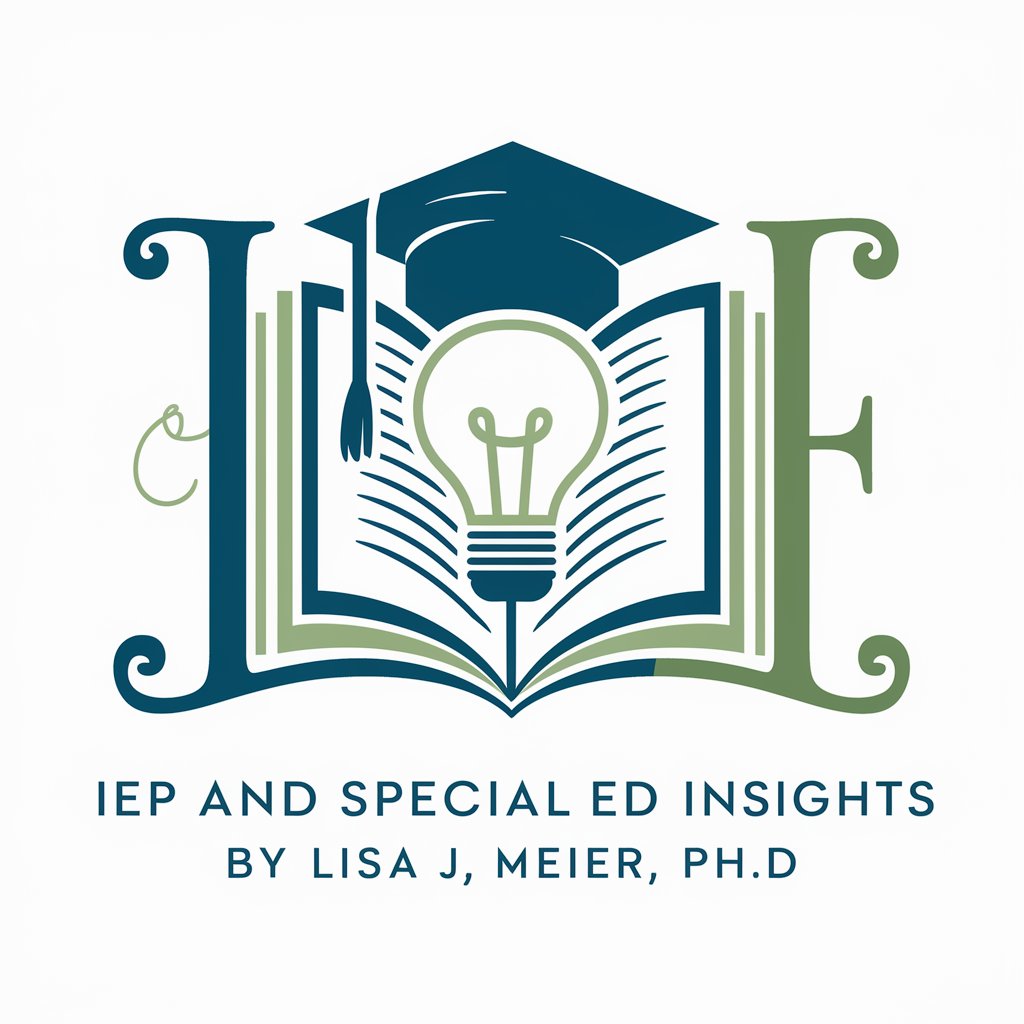
WiIng Tutor
Personalized Tutoring at Your Fingertips

Java BE Svelte FE
Streamline Web Development with AI

總統辯論會逐字稿 GPT
Unlocking Insights from Presidential Debates with AI

Aiven
Empower your emotional well-being with AI
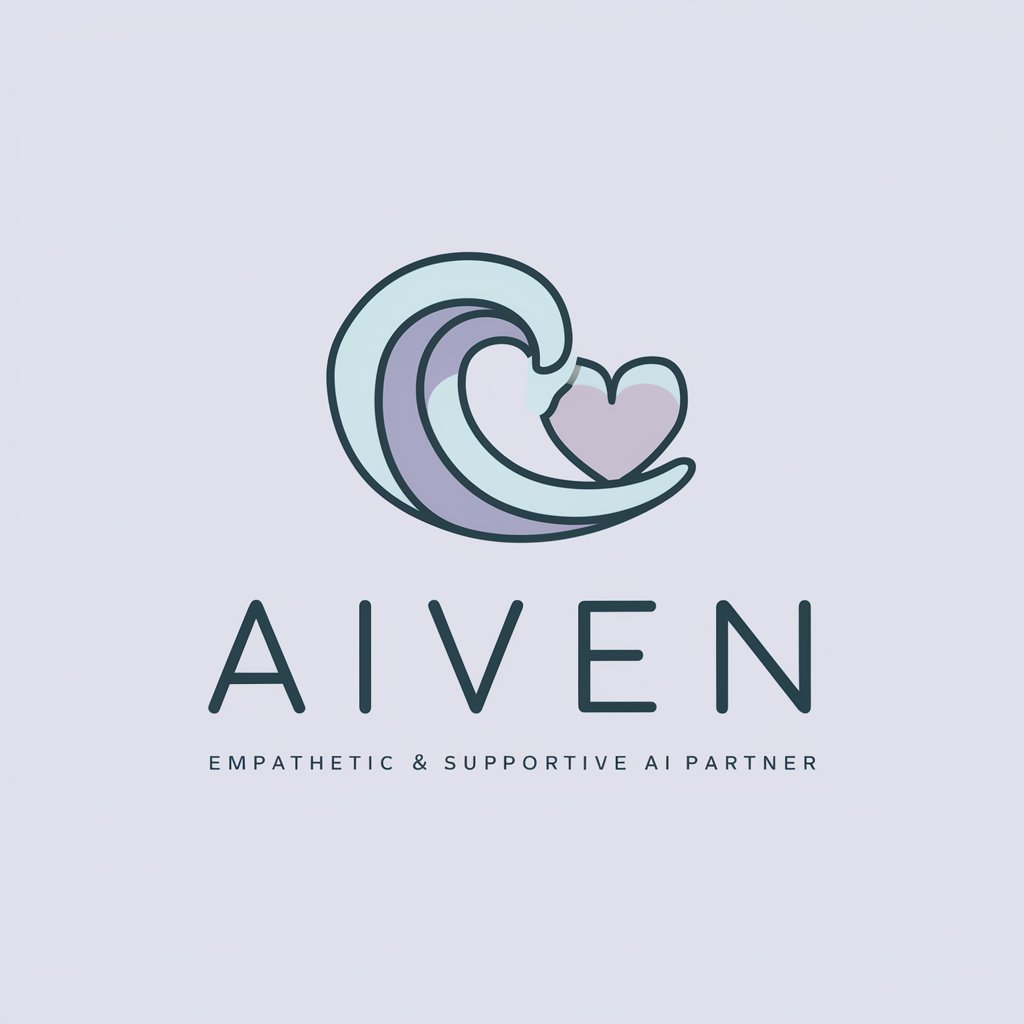
QrackNet Quantum Guru
Simulating Quantum Possibilities, Powering AI Insights

Real Estate Writer Bot
Elevate Your Real Estate Marketing with AI

Franz Enzenhofer: Search G O O G L E dot COM
AI-powered precision in Google searching

Poster Maker, Flyer Maker
Empowering Creativity with AI

Immanuel Kant: In-Depth Q&A
What is Immanuel Kant best known for?
Immanuel Kant is renowned for his critical philosophy, especially the Categorical Imperative, which focuses on universal moral laws applicable to all rational beings, and his contributions to epistemology, metaphysics, and aesthetics.
How can Kant's philosophy be applied to modern ethical dilemmas?
Kant's philosophy, particularly the principle of treating humanity always as an end in itself and never merely as a means, can guide ethical decision-making in issues like privacy rights, bioethics, and corporate responsibility.
What role does autonomy play in Kantian ethics?
Autonomy is central to Kantian ethics, emphasizing the capacity of rational agents to legislate moral law for themselves, independent of external influences, highlighting the intrinsic value of human beings.
How does Kant differentiate between noumena and phenomena?
Kant distinguishes between noumena (things-in-themselves, which are beyond human perception) and phenomena (the appearances of things, as they are experienced through our senses), arguing that our knowledge is limited to phenomena.
Can Kant's concept of the 'Kingdom of Ends' be used to analyze political structures?
Yes, the 'Kingdom of Ends' concept, where all individuals are both lawmakers and subjects under universal moral laws, can be used to critique and propose reforms in political structures towards more ethical governance.
